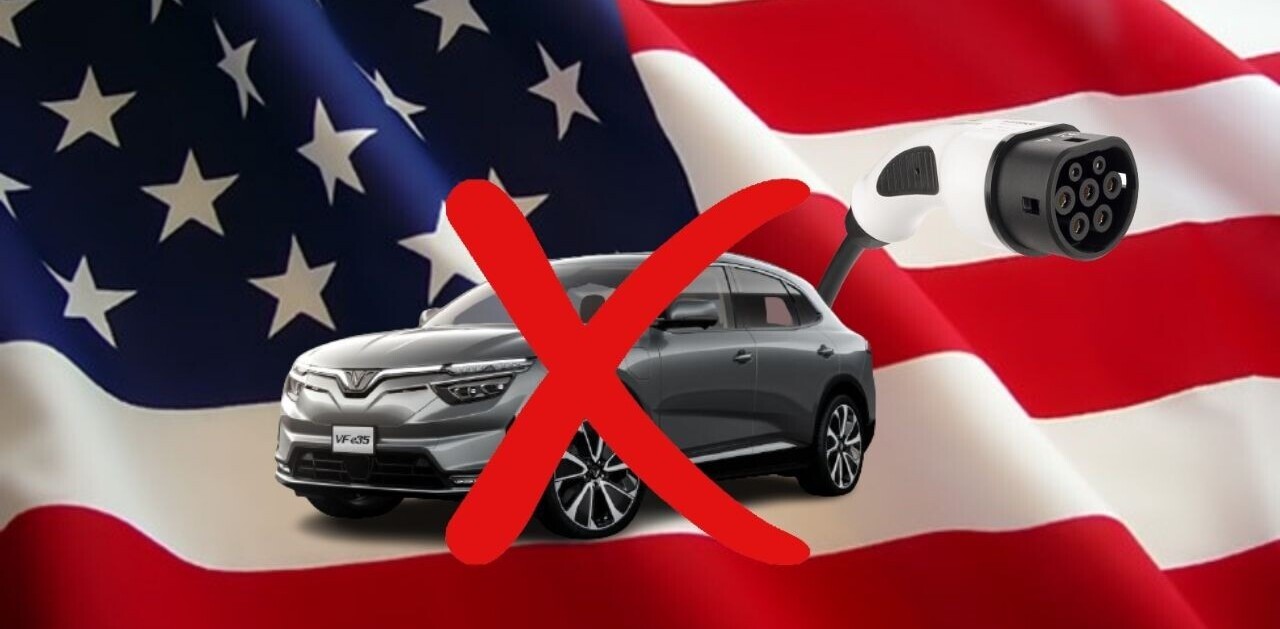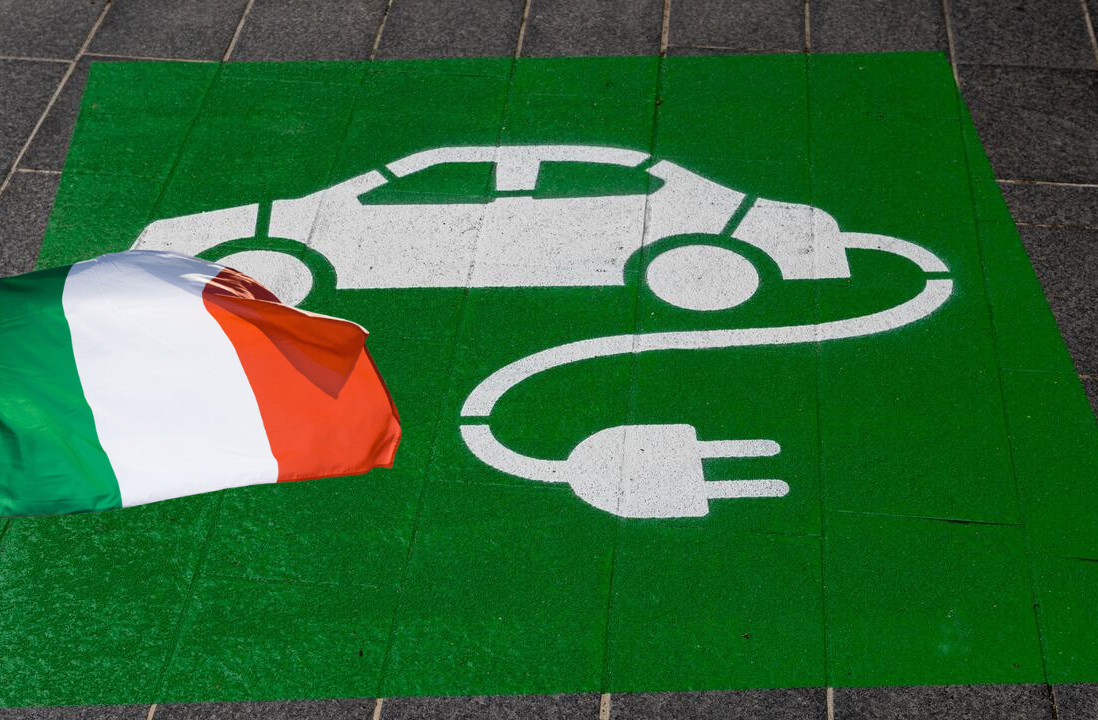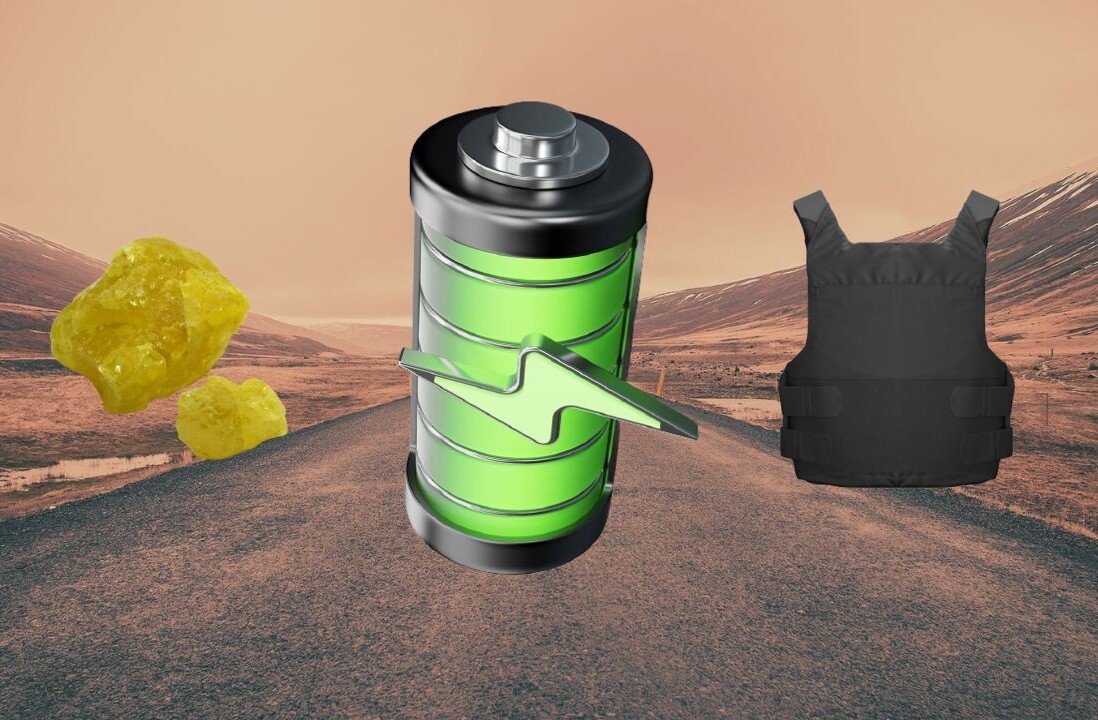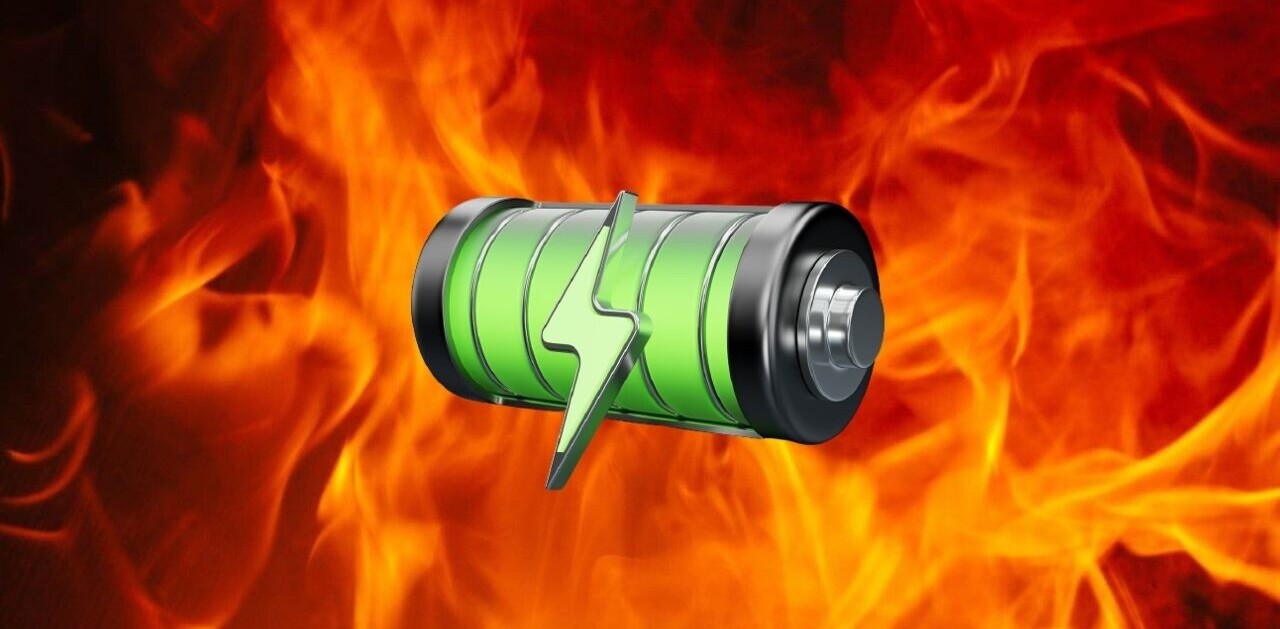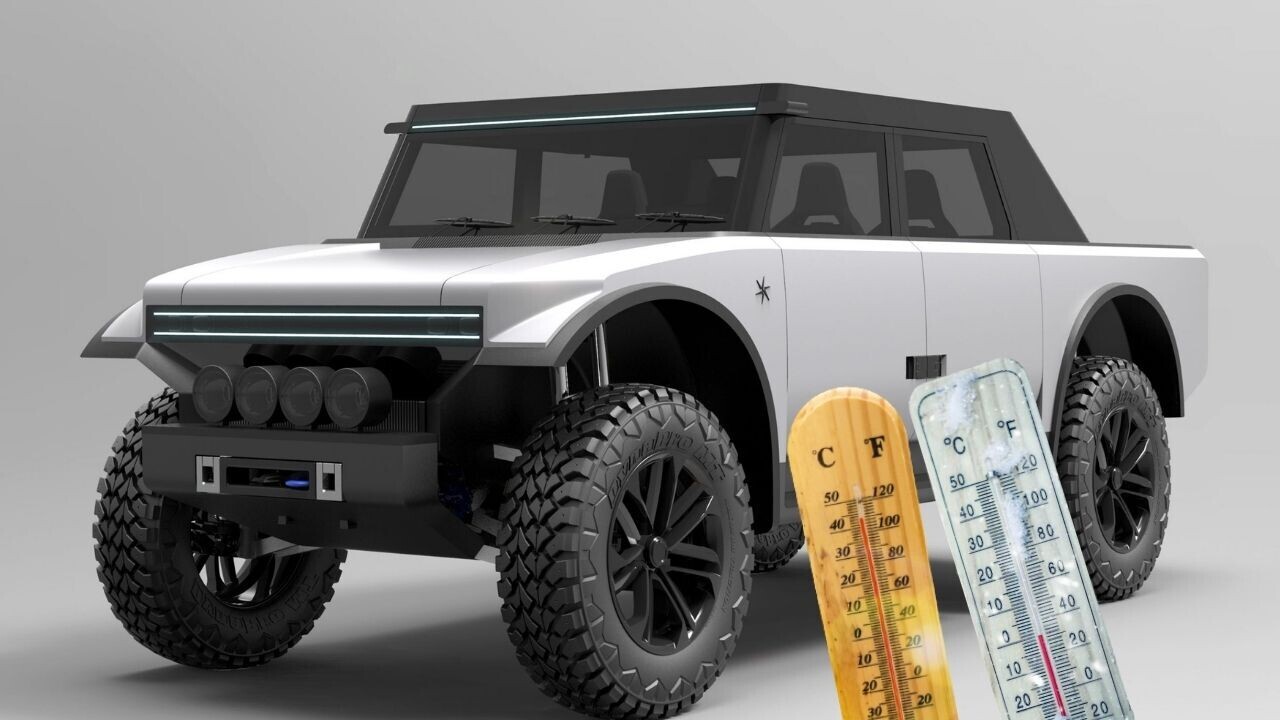
Did you know SHIFT is taking the stage this fall? Together with an amazing line-up of experts, we will explore the future of mobility during TNW Conference 2021. Secure your ticket now!
UK startup Fering is a newcomer in the EV space, but sure comes with a heavy background, being the brainchild of ex-Ferrari and McLaren engineer, Ben Scott-Geddes.
The company, which is focusing on low-emission off roaders and emergency vehicles, has unveiled the prototype of its first model, the Pioneer — and it’s a quirky beast.

Surprisingly lightweight
When it comes to electric performance, reduced weight plays a very important role.
While the Pioneer is a 4×4 SUV in the same mold as the Rivian R1S and the GMC Hammer EV, it claims a significantly reduced weight of 1,500kg, as opposed to 2,650kg and 4,103kg, respectively. In fact, that’s closer to the weight of a medium-sized hatchback.
Design
According to the company, the lightness has been made possible thanks to an aluminum-composite spaceframe chassis, although most of it has to do with a surprising trick: fabric exterior panels.
Instead of body panels made of aluminum, steel, or carbon fiber, the Pioneer’s exterior panels are made from a material similar to canvas that is used for high-end hiking boots. Fering says that this fabric not only saves weight, but is easily replaced and provides superior insulation than metal.

Different type of batteries
The Pioneer has been designed as an all-weather off roader. Since the lithium-ion batteries found in most EVs can’t handle extreme temperatures, Fering has replaced them with a lithium-titanate-oxide (LTO) battery pack.
The LTO battery comes with a series of advantages:
- Extremely long life cycles
- Fast charging
- Successful operation from -40 to 60 Celsius degrees
Especially the last one means that, compared to their lithium-ion counterpart, the LTO batteries avoid thermal runaway or overheating, which is the main cause for battery fires and explosions.
At the same time, they have an enhanced low-temperature performance, able to maintain 80% of their full capacity at a mere -30 degrees.
On the other hand, though, they come with a significant drawback: lower energy density and storage capacity. As a result, the Pioneer can only go about 80km on pure battery power.
Multifuel range extender generator
For this reason, the Pioneer’s battery is supported by an 800cc 3-cylinder range extender combustion engine, which is powered by biodiesel. The engine is capable of delivering an impressive 100 kilometers per 5.6 liters, and can also use gasoline or hydrogen fuel cell.
Combined with the optional long-range tanks, Fering’s SUV can drive a stupendous 7,000km without any fuel or charging stops.
Outstanding off road performance
While it’s not designed for high speed, topping at 128km/h, the Pioneer claims to have pretty top notch off road credentials. Specifically, it can deliver 60% gradient climbs, 50-degree side tilts, 50cm step climbs, and wading depths up to 1.4m. Plus, it can carry its own weight in cargo.

With its many quirks and novelties, the Pioneer presents an interesting alternative to the Rivian R1S and the GMC Hammer, especially if you’d like to take your vehicle for serious adventures in extreme temperatures.
On the downside, you’d still have to use some form of fossil fuels, even if it’s the more environmental-friendly biodiesel or hydrogen fuel cell.
The Pioneer is currently undergoing testing and the company plans production for the first half of 2022.
Do EVs excite your electrons? Do ebikes get your wheels spinning? Do self-driving cars get you all charged up?
Then you need the weekly SHIFT newsletter in your life. Click here to sign up.
Get the TNW newsletter
Get the most important tech news in your inbox each week.
